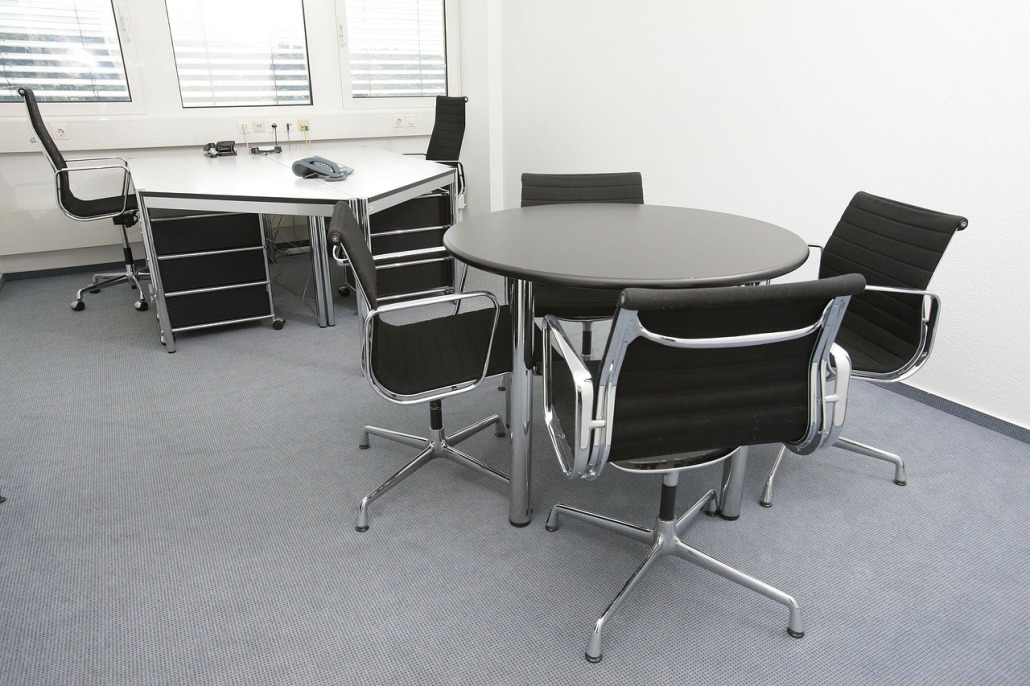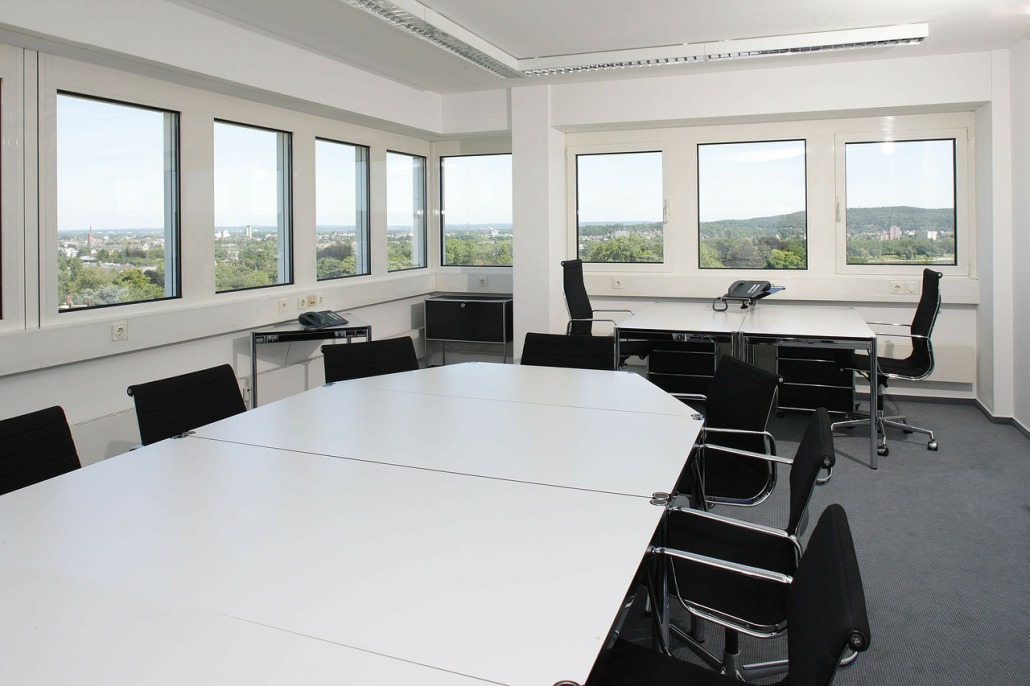Ergonomics is one of the youngest sciences in general. It is considered that this field of study had not been a separate field of research until the beginning of the World War II. Thanks to the fact that the US industry was producing thousands of tons of different products during the war and that the demand had never been so high, scientists realized that they had to improve work conditions to increase productivity and spare the workers.
Introduction
This work- and usability-related science is actually a mixture of sciences. First of all, it relies a lot on natural sciences, such as physiology, biology and biomechanics. Secondly, ergonomics also needs to borrow methodology and findings from psychology. And finally, there is no ergonomics without engineering. To devise a successful and widely applicable ergonomic plan for improved work conditions, a holistic approach needs to be applied.
As ergonomics functions as a compilation of the already mentioned sciences, an ergonomist needs to have a broad knowledge in many areas. The work demands are becoming more and more challenging, so some universities have already launched special ergonomics departments. They have different modules and students can usually choose to specialize in one of the three branches of ergonomics: physical ergonomics, cognitive ergonomics and organizational ergonomics.

How Physical Ergonomics Enhances Work?
Physical ergonomics comprises all the measures that need to be taken in order to ensure that workers do not experience physical pain due to the conditions the work in. This branch is focused on how the human body is affected and harmed in the process of work and its main task is minimizing these harmful effects. It is closely related to anthropometry and physiology. In practice, this branch or ergonomics will care about the distance between the monitor and the worker’s eyes in an office. Also, it will try to ensure the most optimal conditions for people in every field of human work.
In the world of today, physical ergonomics is most often used and applied in case of office workers. People sitting eight or even more hours a day suffer from a pile of different disorders and diseases. The top places among these ailments are reserved for obesity and musculoskeletal disorders (MSDs). When it comes to MSDs, back pain is the most frequent problem. When we know that a huge number of US office workers suffer from back pain and that their chances to stay disabled or heavily damaged before they retire, it is true that physical ergonomics must be applied in each and every office to lessen the strain caused by sitting.

Psychological Benefits of Ergonomics
While the basis of physical ergonomics lies in practical sciences, cognitive ergonomics makes the best use of psychology. The main task of cognitive ergonomics is keeping workers’ minds in order. Ergonomists who work within this branch deal with memory issues, perception, motor skills and the decision-making process. While this branch is vital for regular workers, it is also crucial for CEOs and department directors.
Cognitive ergonomists are in charge of having regular conversations with employees and their bosses. Educating only employees and teaching them how to cope with everyday work stress and duties will not have the wanted effect if it is not done simultaneously with bosses, as well. Another important duty of cognitive ergonomists is establishing and nurturing quality relationships between employees, where they are very similar to HR psychologists. In some companies the same people are in charge of the HR department and cognitive ergonomics.
Organizational Ergonomics
The task of this branch is on the organizational skills in a company, with the emphasis on creating a physically and mentally optimized work atmosphere. Also, this branch of ergonomics deals with communication within a company, in order to secure that all the parties that organize work follow the rules of ergonomics-friendly work environment. Organization ergonomists should be the ones to connect bosses, employees and cognitive and physical ergonomists to yield a long-lasting and efficient plan on boosting the ergonomics policy of their company.
Financial Benefits of Ergonomics
Having an ergonomist or many of them in a company means nothing if they do not improve the work conditions. They have to talk to the employees and react whenever something is wrong. Sweeping problems under the carpet can turn out to be more expensive for a company than securing the right work equipment and space would be. Some companies conduct their business in a worker-unfriendly way and then they end up paying huge fees if their workers sue them.
To get round such inconveniences, always make sure that you company gets the most appropriate office furniture items. In a recent conversation with highly-rated office workstations suppliers, I learned that many companies have ordered newly designed chairs and desks. They have probably realized that workers in pain are the most expensive workers, sine their productivity is much lower than that of the healthy ones. Also, state-supported medical services will be stricter and less available. By reducing the number of MSDs, the government will also save a lot of money.
As a consequence of the sedentary office work-style the expenses that countries all over the world have has increased a lot over the last twenty years. That is why investing in high-quality ergonomic office equipment and trained ergonomists who will educate workers on most adequate postures for every kind of work has a long-lasting positive effect on the assets of every company. Besides that, ergonomists should also pay a lot of attention to shift work and benefits of job rotation to reduce the expenses for both their company and the state.
Organization of work today is impossible without clear ergonomic goals. The ones who turn their head away from ergonomic advancements will most probably fall behind and also pay numerous fees as a result of health risks for their employees. Only those businesses that implement the latest ergonomic solutions in the work environment will be able to advance their business and attract the best workers in the work force market. By keeping your workers healthy and productive through the application or ergonomic principles you make the best for your company.